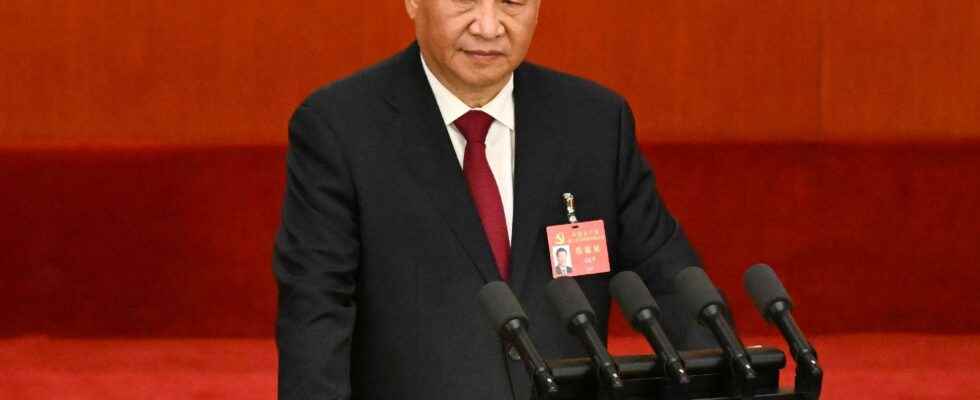With his big square glasses and his pants pulled up very high, Jiang Zemin improvised singing tricks, danced with the wife of George W. Bush or fiercely lectured Hong Kong journalists deemed too “naive”. The death, on November 30, at the age of 96, of the eccentric ex-president, who aroused nostalgic reactions on the Chinese Web, falls badly for the very authoritarian and corseted Xi Jinping, after historic demonstrations against his “zero Covid”.
Jiang (1989-2003) was however also a formidable autocrat: appointed after the Tiananmen Square massacre in 1989, he supported the repression. But in his time, China was more open to the world, some spaces of relative freedom remained and, above all, these were years of enrichment for the population, which saw the future with optimism.
The pact proposed by Deng Xiaoping in 1992 has become a reality: provided that they do not meddle in politics, the Chinese have access to a better life. Xi Jinping has broken this social contract, and this is one of the reasons for the anger. Lockdowns have accentuated the slowdown in the economy, property prices are falling and almost 20% of young people are unemployed.
The death of former liberal Prime Minister Hu Yaobang was the trigger for the 1989 movement. That of Jiang Zemin, far from arousing such emotion, should not shake Xi Jinping, given his control over the Party and the safe device is strong. Forced by the street to loosen the restrictions a little, it nevertheless faces serious health and economic risks. The return of optimism will wait.
